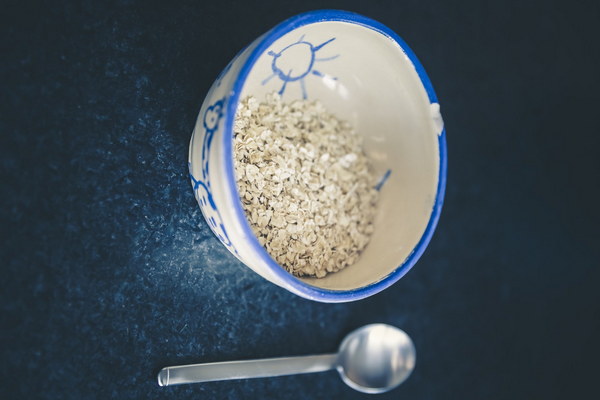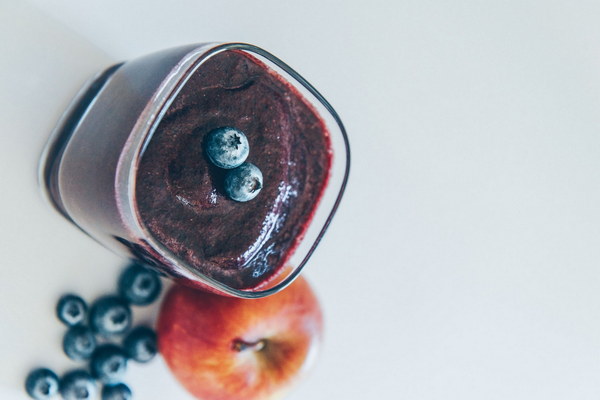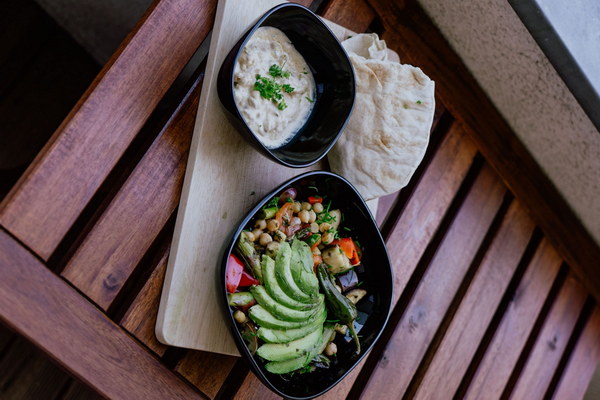Nourishing Your Babys Stomach A Guide to 6MonthOlds GastrointestinalBoosting Diet
As a parent, you want the best for your little one. One of the most critical aspects of ensuring your baby's health is to focus on their gastrointestinal health. Introducing the right foods at the right time can help nurture your 6-month-old's stomach, setting the foundation for a lifetime of good digestion. In this article, we will discuss how to create a balanced and nutritious diet for your 6-month-old baby to strengthen their digestive system.
1. Start with Single-ingredient Foods

When introducing solid foods to your baby, it's best to start with single-ingredient foods. This approach allows you to monitor for any food allergies and ensures your baby is receiving essential nutrients. Begin with pureed fruits like apples, pears, and peaches, as well as vegetables such as sweet potatoes, carrots, and butternut squash. These foods are gentle on the stomach and rich in vitamins and minerals.
2. Gradually Introduce New Foods
Once your baby is comfortable with single-ingredient foods, you can start introducing new foods one at a time. This helps your baby's digestive system adapt to different textures and flavors. Introduce new foods in the morning when your baby is most alert, and observe for any adverse reactions, such as diarrhea or rashes.
3. Cook Foods Until They Are Soft
To make it easier for your baby to digest, cook their foods until they are soft. This is especially important for vegetables and meats. You can use a blender or a hand-held immersion blender to puree the food into a smooth consistency. If your baby is ready for more textured food, you can mash the food with a fork or your fingers.
4. Offer Iron-rich Foods
Iron is an essential nutrient for your baby's growth and development. Introduce iron-rich foods such as pureed meats, iron-fortified cereals, and iron-fortified formula. Iron helps prevent anemia, a condition that can cause weakness and fatigue in babies.
5. Include Fermented Foods
Fermented foods are rich in probiotics, which can help maintain a healthy gut flora. You can introduce probiotic-rich foods like yogurt, kefir, or fermented vegetables, but make sure to choose brands that are free of added sugars and artificial ingredients. Fermented foods are a great way to boost your baby's digestive health.
6. Serve Small Meals Frequent Intervals
Babies have small stomachs, so it's essential to offer small, frequent meals throughout the day. This helps prevent overloading their digestive system and ensures they are receiving adequate nutrition. Aim to feed your baby every 2-3 hours during the first few months.
7. Avoid Certain Foods
Some foods can be hard on your baby's stomach, so it's best to avoid them during the early stages of solid food introduction. These include spicy foods, caffeine, and high-fat foods. It's also best to wait until your baby is at least a year old before introducing allergen-rich foods like nuts, eggs, and shellfish.
In conclusion, nurturing your 6-month-old's stomach through a balanced and nutritious diet is crucial for their overall health. By following these guidelines and introducing new foods slowly, you can help your baby develop a healthy digestive system. Remember, every baby is unique, so pay close attention to your baby's reactions and adjust their diet accordingly. Happy feeding!









